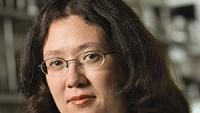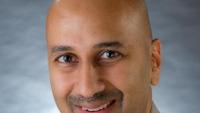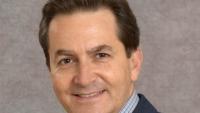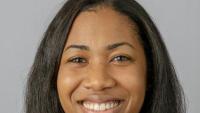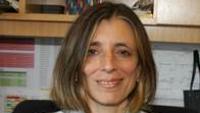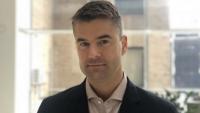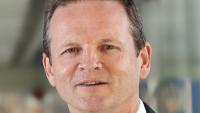You are here
- Home >
- About Us >
- Our Impact >
- Testimonials
Testimonials
-
“The TRx program gave us access to expertise and the opportunity to establish connections with a group of faculty that could readily provide advice and access to resources to successfully design and perform essential parts of the project,” Dr. Kousteni says.
-
The Irving Institute helped Dr. Lewis pursue his research despite having realized the potential of precision and genomic medicine to improve outcomes for patients with congenital heart disease relatively late in his training. “The Irving Institute provided a venue for me to explore this interest and develop additional expertise that would otherwise be impossible,” Lewis explains.
-
“The Personalized Medicine Pilot Award allowed me to assemble a group of clinical researchers who would become long-term collaborators,” he says Dr. Cheung. The research program enjoyed continued success through extramural funding and publications in high-impact journals, including the Journal of Clinical Oncology and the Journal of the American Medical Informatics Association.
-
“Dr. Chung sees the role of the Irving Institute as “experts being able to spread our expertise to many people who are not yet experts.”
-
“In preparation for my first R01 grant application in 2014,” Pajvani notes, “This application was successful in large part due to the structure imposed by workshop deadlines, as well as peer and faculty pre-reviewing of the research plan. As an added bonus, through this workshop I received five free hours of biostatistical consulting.” Pajvani consulted with the Irving Institute’s Design and Biostatistics Resource (DBR),
-
Dr. Luchsinger supports junior researchers through a K24 mentoring award, which funds him explicitly for mentoring others. “And now one of my mentees has his own K20 career development award and is now funded and conducting his own research,” Luchsinger says.
-
To support her research, Nathalie Moise has taken full advantage of the services and resources of the Irving Institute for Clinical and Translational Research. Through the Columbia Community Partnership for Health (CCPH) as part of the Community Engagement Core Resource (CECR), Moise was able to conduct all of her focus groups in a community center environment.
-
Professor of Physiology and Cellular Biophysics at Columbia
-
Matthew Baldwin, MD, is studying frailty and palliative care needs in older adult survivors of acute respiratory failure.
-
Neurosurgeon Jeffrey Bruce, MD, FACS, has devoted his research career to to finding new and better treatments for patients with brain tumors.
